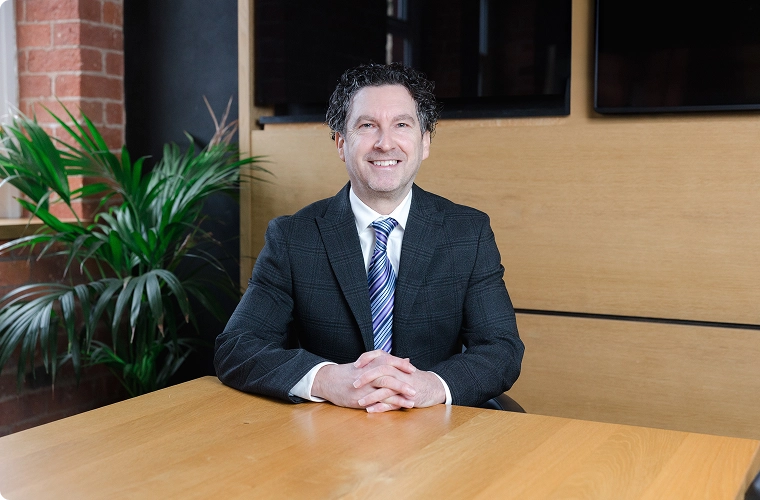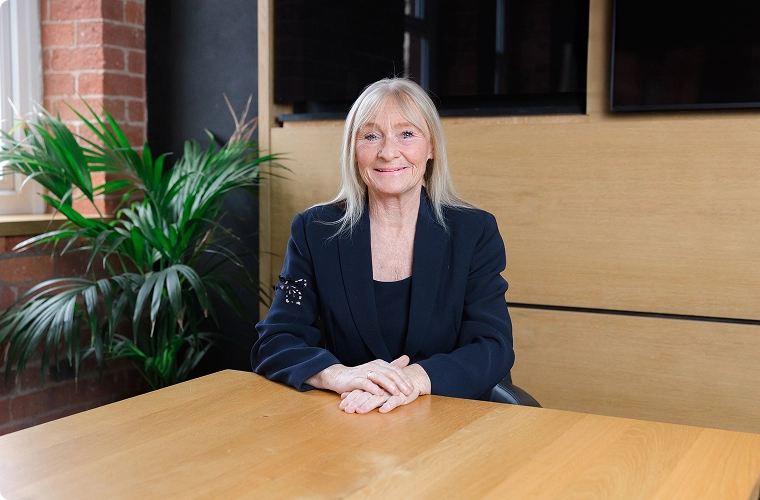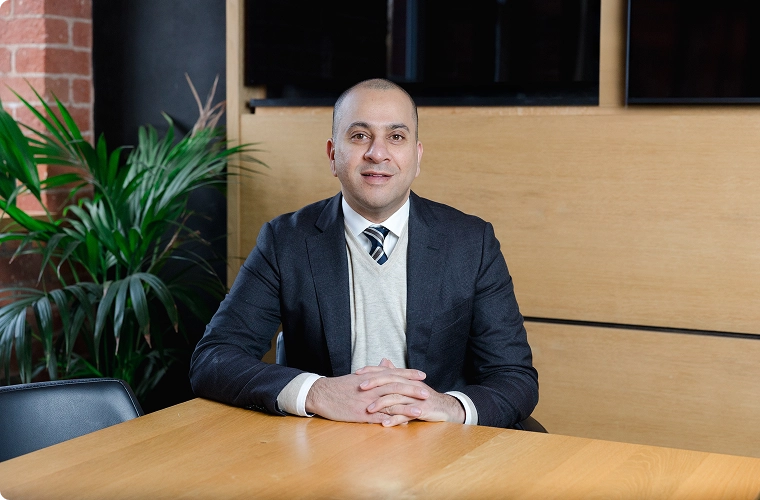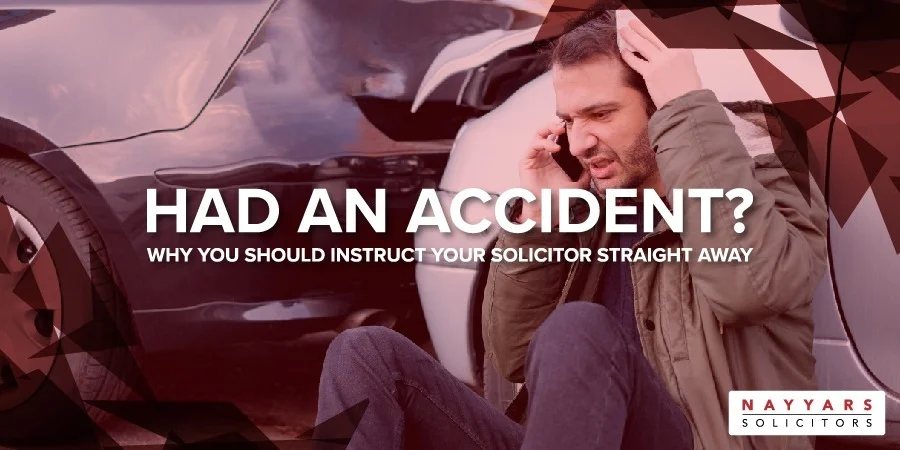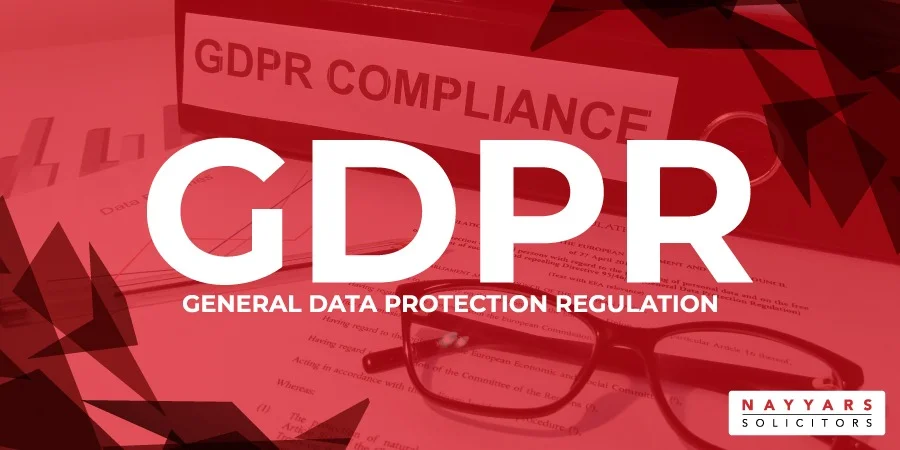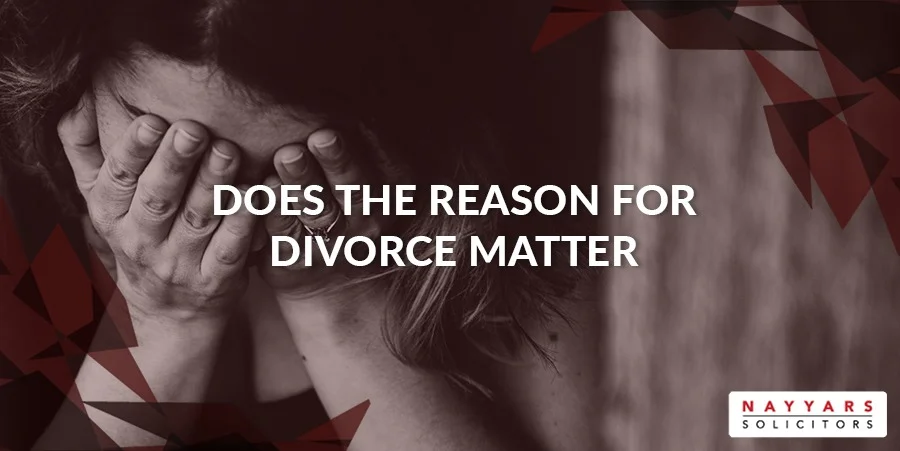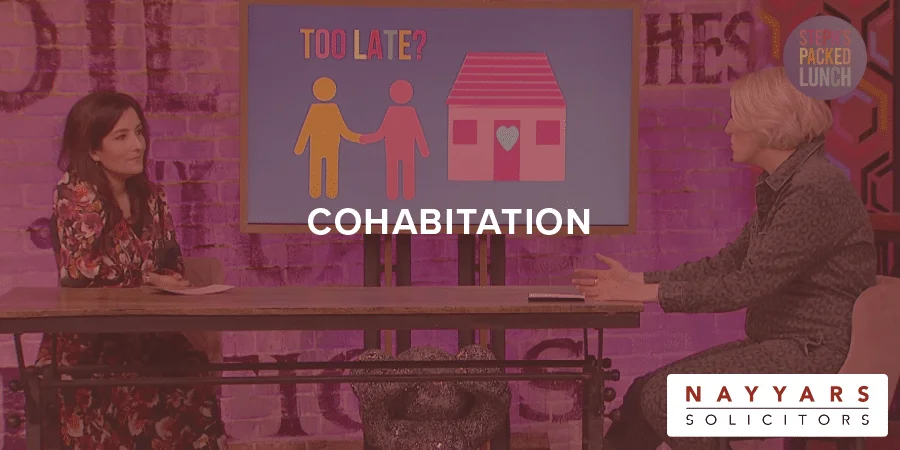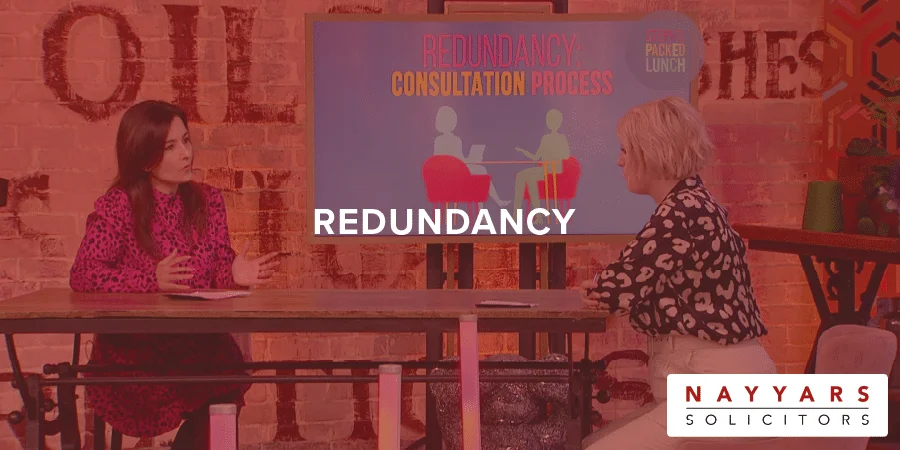Successful Claim For Psychological Injury Following RTA
Serious road traffic accidents can change a person’s life forever. They are traumatic events, and in cases where people have received even minor injuries, the psychological impact can be severe. Victims can suffer from Post-Traumatic Stress Disorder (PTSD), anxiety, depression, or a worsening of their existing condition. This is what happened to L, who asked us to represent her in a personal injury compensation claim following motor vehicle accident.
Background to the claim
L was involved in an RTA in 2021. She suffered whiplash from the accident. In addition, the event resulted in her existing psychological condition worsening. She was vulnerable and extremely nervous about bringing the claim and was terrified about having to go to court.
One of our Personal Injury Solicitors, Maria, approached L’s case with sensitivity and compassion. She reassured her that claims were almost always settled outside of court, and she would do everything possible to keep Maria’s case from going to trial.
The Defendant made a low offer based on the whiplash tariff for her physical injuries only. He also disputed the fact that the accident caused L’s psychological injuries to worsen. Unfortunately, this meant L would have to go to Court.
Maria acted decisively and gave L comprehensible advice regarding whether she should accept the Defendant’s offer. This included explaining the risk of having to pay the Defendant’s costs if the Court awarded a lesser compensation amount than what had initially been offered.
What is the law around claiming for psychological injuries in a personal injury claim?
Many clients do not realise that they can claim for psychological injuries following being physically injured due to someone else’s negligence. It is important to know that the law gives equal weight to mental and physical injuries.
Another common myth is that you cannot claim for psychological injuries if you are not physically injured. This is untrue, provided an injury was foreseeable you can claim for mental injury alone.
One of the reasons people believe they cannot claim for psychological injuries alone is that they can be greeted with more scepticism by defendant insurance companies as they are harder to diagnose and prove. Expert evidence from psychiatrists or psychologists is normally required to prove a Claimant has suffered a psychiatric injury or their existing condition worsened as a result of the Defendant’s negligence.
Being involved in a road traffic accident can be a shocking experience and you should never feel ashamed if you are struggling to cope. Claiming compensation can ensure you can get the treatment you need to heal your mind, body, and spirits.
L suffered a primary psychological injury. This means she was involved in the accident directly. However, it is possible to make a claim as a secondary victim, where you witnessed something traumatic occur and this resulted in your suffering a psychological injury. This is much harder to claim for, as the Courts are wary of ‘opening the floodgates’ to compensation claims from anyone who happened to witness an accident or event.
To make a successful claim, the secondary victim must prove:
- They had a close tie of love and affection with the primary victim,
- They were close to the incident in time and space,
- They perceived the accident themselves.
- That there is a causal connection between the witnessing of the event and the illness suffered.. It is not necessary to demonstrate the neurological or psychological mechanism by which the illness was induced.
Outcome and impact
Maria’s calm and well-prepared approach helped L overcome her nerves. She stayed by L’s side throughout the trial, providing support and settling her nerves. Because L knew exactly what to expect, she was able to get through the experience with minimal distress.
L won at trial, significantly beating the Defendant’s initial offer. Thanks to Maria’s advice, based on years of experience in high-value personal injury claims, L was able to use some of the compensation to access private treatment and support for her condition.
L told us that claiming compensation was never about the money. Instead, she wanted to prove to herself and others that she had not fabricated her psychological symptoms. Winning compensation provided closure, and the confidence L needed to move forward with her life.





